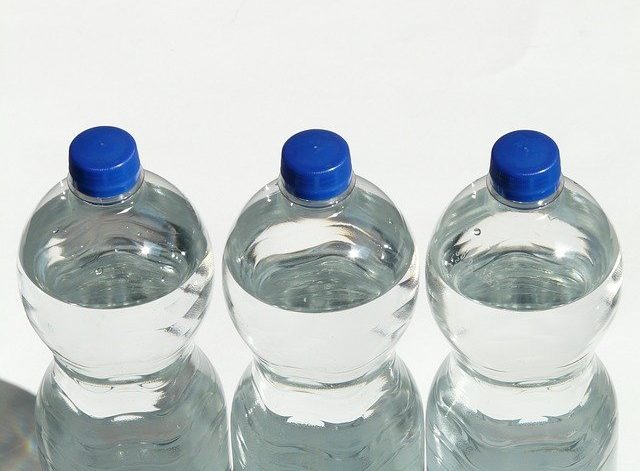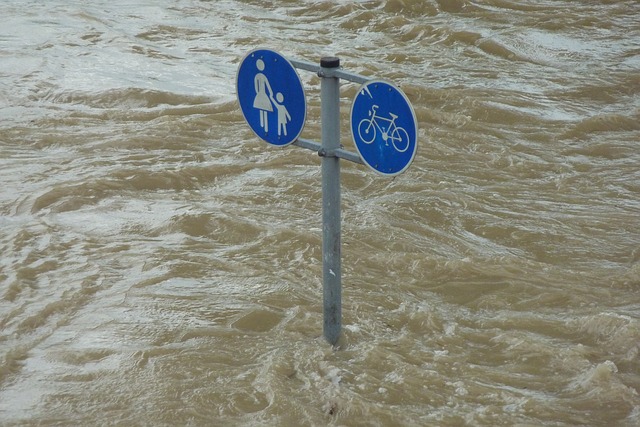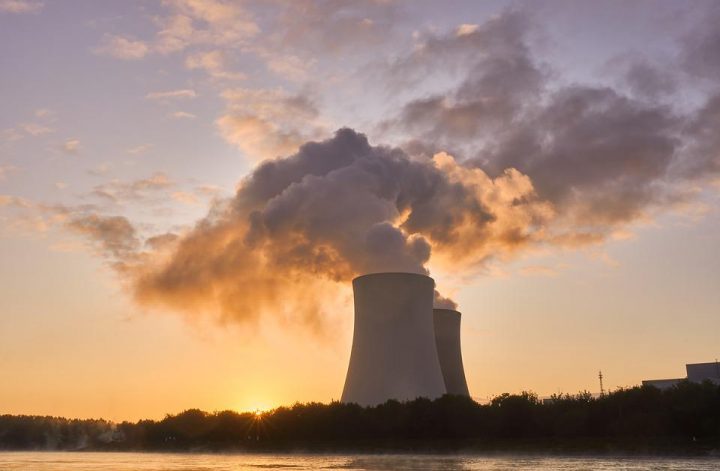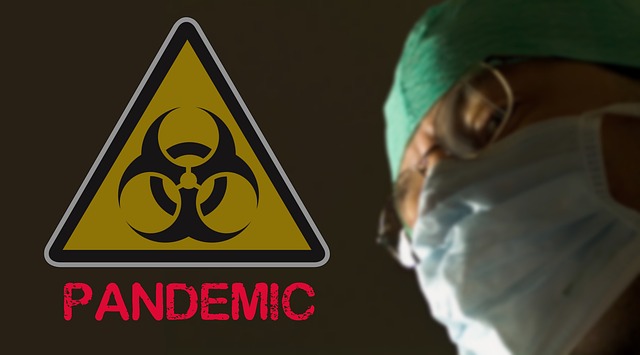INTRODUCTION
The contradiction between tap water vs. bottled water is not new now. What’s new is our behavioral choices towards bottled water over tap water. As day by day we are growing in our concerns towards environmental health, are we seriously doing enough efforts to lessen negative environmental impacts due to anthropogenic activities?
You may like to read The Problems and Effects of Plastic Debris in Rivers and Seas of South Asia
BOTTLED WATER VS TAP WATER
Published research found out that behavioral choices play a significant role in opting for bottled vs. tap water. According to the study although the filtered tap water is easily accessible some people still prefer to drink bottled water. It is because of mind strategy that has engraved thoughts that bottled water is safer than tap water.
Another research reported that people buy bottled water following social norms. Buying bottled water represents status or class and once it was thought of as a norm of rich people. The sponsored ads of bottled water are without any exception crafting a positive image of the company that how much a company cares for its customer. The study concluded that psychological factors could significantly affect the behavior of consumers while choosing between tap water vs. bottled water.
NEGATIVE ENVIRONMENTAL IMPACTS OF BOTTLED WATER
We have discussed behavioral choices now let’s come to the negative environmental impacts of bottled water. It is imperative to highlight here that tap water could have health impacts but lesser environmental impacts whereas bottled water have excessive environmental, financial, and health impacts.
Tap water is easily accessible and available at home. Bottled water comes with money, natural resources, environmental and health costs.
The manufacturing of plastic bottles is carried out in industries that run on fossil fuels releasing greenhouse gases. Synthetic chemicals are used in manufacturing plastic bottles, again using natural resources for the production of synthetic chemicals. The water that is being filled in plastic bottles is causing the depletion of natural resources. Basically, groundwater is pumped to the surface and by adding minerals it is known as mineral water. The wastewater that is produced during the packaging of bottled water is released to water bodies such as lakes, streams, rivers, etc.
Check out: The Impacts of Microplastic Pollution on the Environment
Published research reported the contamination of bottled water with synthetic polymers. The samples of bottled water from different renowned brands collected and analyzed were found contaminated with polymeric particles. The study suggested that more research should be conducted on the impacts of nano and microplastic on the ecosystem.
Another research reported about the health impacts of BPA. Bisphenol-A widely known as BPA is used for making plastic bottles transparent. The chemical compound disturbs the endocrine system and has negative impacts on children.
Recently published research has highlighted surprising facts. According to the study, the environmental impacts of bottled water are 1400 times higher than tap water. According to scientists, bottled water has 3500 times higher impacts on natural resources as compared to tap water. The research belonged to Barcelona, Spain where people are not consuming tap water despite the fact that the quality of drinking water is being improved.
You might also like to read: Plastic Crisis: An Emerging Threat to Mountain Ecosystem
CONCLUSION
People find themselves bound to act according to social norms. Because acting less might disgrace their image in the society or the honor they have in a community might not get appreciation from the public. We can observe this behavior in our surroundings, at our own home that bottles water is what gains the trust of guests, and the trust is more valued if the bottled water is from a certain brand.
What message we are trying to convey to our readers is that even though tap water is sometimes unfit for human consumption but health risks associated with bottled water cannot be ignored too. The Earth is already vomiting plastic everywhere. We also need to stop depending so much on plastic bottles and shift to reusable bottles or containers for water. It is obvious that changing attitude towards certain thing requires time but slow and gradual change is must in order to save wildlife and humans on the Earth.
Also check out: 10 New Innovative Water Purification Ideas and Techniques
I hope you all liked this post! Please comment below if you have any suggestions, comments, or feedback! We at #envpk love hearing from our readers! Thanks!




